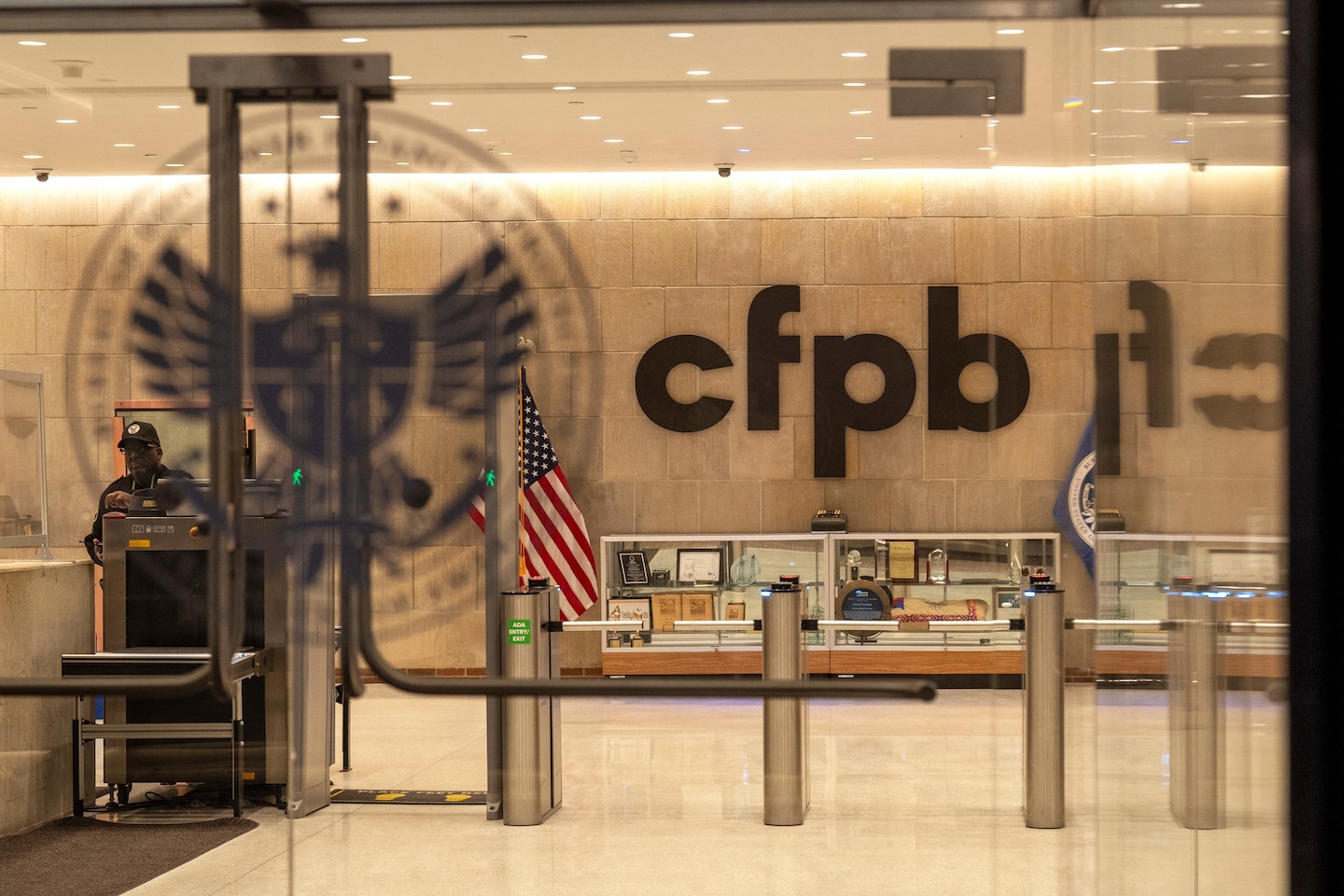As President Donald Trump’s administration continues its cost-cutting measures, the Consumer Financial Protection Bureau (CFPB) faces significant challenges. Many of its regulations are now under scrutiny. In February, the CFPB suspended several services following an order from the Trump administration. Since then, its employees have been involved in a legal dispute over whether the president can effectively close a federal agency without congressional approval.
In a recent development, the Trump administration attempted to dismiss over 1,400 CFPB employees, despite a court order prohibiting mass layoffs. A federal judge temporarily halted these layoffs and will review the matter further.
As legal proceedings continue, some CFPB rules may remain suspended for years, while others could be overturned due to weak enforcement. Mark Paoletta, the CFPB’s chief legal officer, stated that all enforcement priorities have been rescinded.
One notable rule involves capping overdraft fees at $5 for large financial institutions. This rule aimed to protect low-income communities from excessive fees. However, financial industry groups have challenged it in court, arguing it exceeds the CFPB’s authority.
Congress, with a Republican majority, has passed a resolution to overturn this rule using the Congressional Review Act (CRA). If signed by Trump, it would prevent similar regulations unless specifically authorized.
Another regulation involves digital payment apps like Venmo and CashApp. The CFPB required them to follow rules similar to traditional banks. This rule is also at risk of being overturned by Congress, supported by companies like Amazon and Google.
Additionally, a rule preventing credit reporting agencies from including unpaid medical bills in credit reports is under threat. While it garnered bipartisan support, lawsuits have been filed to declare it unlawful.
Lastly, the CFPB has dropped several lawsuits against major financial institutions, jeopardizing billions in alleged consumer damages.
— new from The Washington Post
